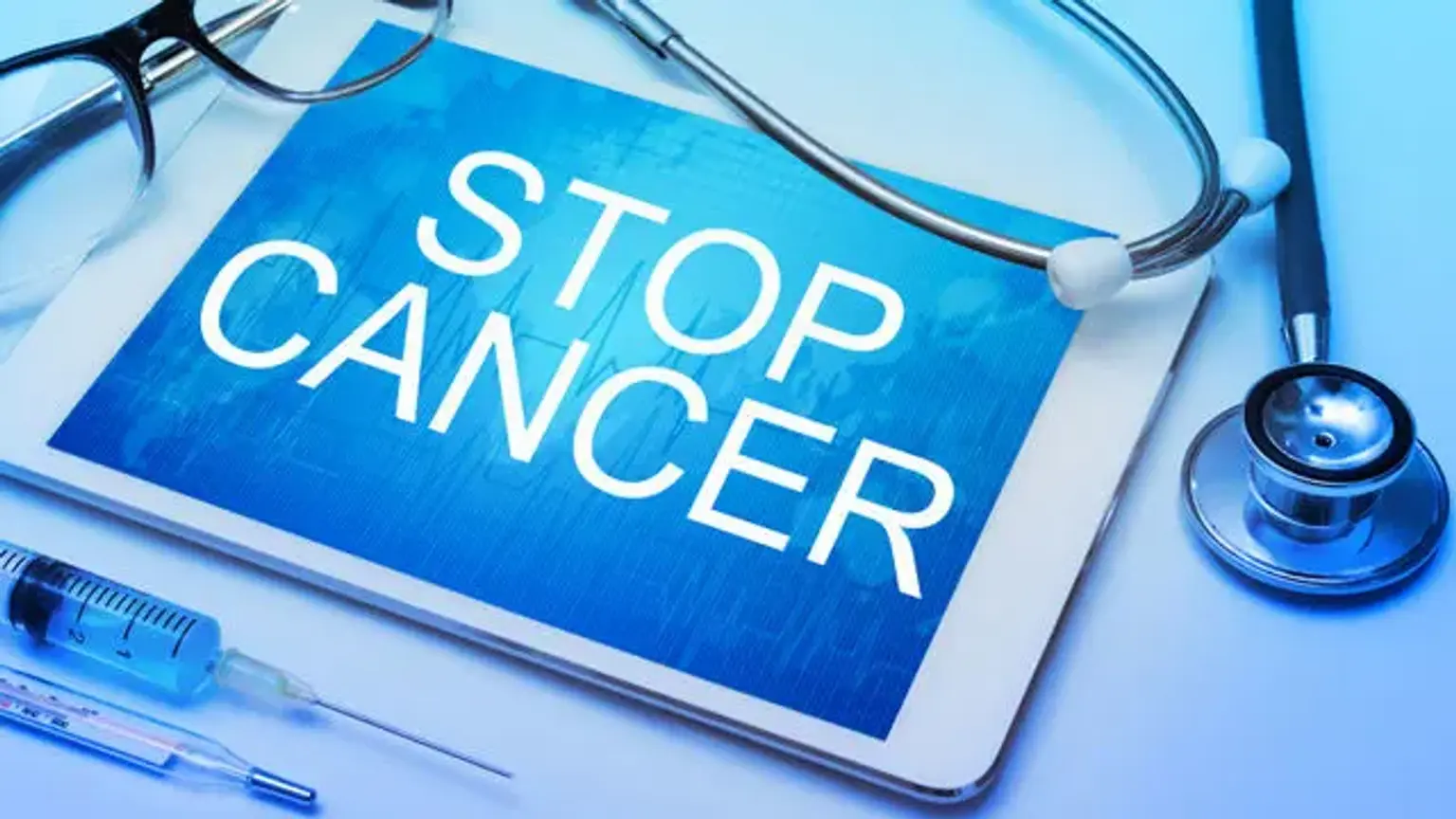Cancer Screening program for men
Overview
Cancer is the second greatest cause of mortality in the United States, after only heart disease. Cancer screening is a method of cancer prevention and early detection. According to the Centers for Disease Control and Prevention, new cancer cases are predicted to exceed 1.8 million in 2020, with 606,520 cancer fatalities. Fortunately, some cancers, such as colon, lung, cervical, and breast cancer, may be diagnosed by screening, which aids in delaying or even arresting disease growth.
Cancer screening is a type of secondary prevention in which cancer mortality is lowered but the incidence remains same. Due to the large lag time in the malignant transformation, screening allows for the detection of premalignant lesions, early intervention in the carcinogenic process, and postponement of cancer progression. The majority of cancer risk factors are avoidable.
Eliminating tobacco use and secondhand smoke exposure, getting vaccinated (HPV-Human Papilloma Virus), avoiding tanning beds, maintaining a healthy weight, staying physically active, avoiding processed or red meat, and eating a healthy diet rich in fruits and vegetables are just a few of the measures that can significantly reduce a person's lifetime risk of developing or dying from cancer.
